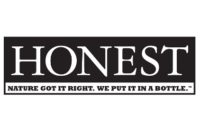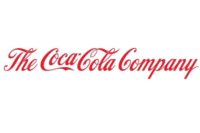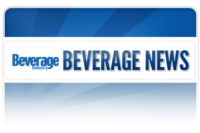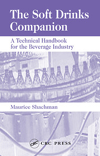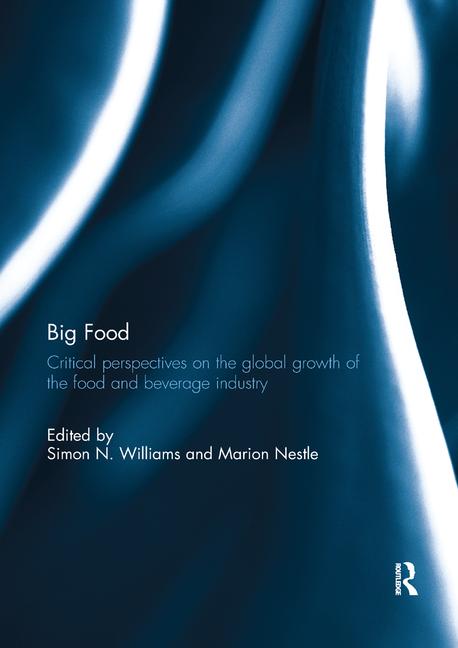2014 State of the Industry: Juice and juice drinks
Juices play up the health benefits








From 2009 to 2014, juice and smoothie bars saw a 2 percent rise in revenue each year, according to a May 2014 report by IBISWorld, Santa Monica, Calif., titled “Juice & Smoothie Bars in the US.” This growth is positively impacting the juice category, said Virginia Lee, senior research analyst for Chicago-based Euromonitor International, in Beverage Industry’s January issue.
In particular, the juicing trend could help 100 percent juices regain market share as consumers aim to mimic the health benefits of fresh-squeezed offerings, according to Chicago-based Mintel’s November 2013 report “Juice and Juice Drinks – US.”
Sales of refrigerated juice and juice drink smoothies increased approximately 16 percent in U.S. multi-outlets during the 52 weeks ending April 20 compared with the prior-year period, according to Chicago-based Information Resources Inc. (IRI). Accounting for the majority of the market share in this segment are Purchase, N.Y.-based PepsiCo Inc.’s Naked Juice brand (65.2 percent); Camden, N.J.-based Campbell Soup Co.’s Bolthouse Farms brand (21.7 percent); and Atlanta-based The Coca-Cola Co.’s Odwalla brand (10.1 percent), according to IRI data. Adding to the category, PepsiCo introduced Naked Kale Blazer to its Veggies line of juices this spring.
Although 100 percent juices might benefit from juice and smoothie bars’ growth, the juice drinks segment has outpaced the growth of 100 percent juices in recent years because of an increase in the number of reduced-calorie and reduced-sugar offerings, according to Mintel’s report.
This spring, Bethesda, Md.-based Honest Tea, an independent operating unit of The Coca-Cola Co., introduced a line of organic “summer refresher” beverages, including Honest Mint Limeade, Berry Hibiscus Lemonade, Original Lemonade, Mango Lemonade, and Half & Half Lemonade & Tea. Each variety contains 70 calories in each 8-ounce serving, which is approximately one-third fewer than similar beverages, the company says. Earlier in the year, Plano, Texas-based Dr Pepper Snapple Group launched a new line of Mott’s juice drinks. Mott’s Fruit Punch Rush, Wild Grape Surge and Strawberry Boom each contain 40 percent less sugar than regular fruit juices with no artificial sweeteners, the company says. Similarly, Sparta, Mich.-based Old Orchard Brands LLC expanded its line of reduced-sugar kids juices earlier this year with three new flavors: Berry, Fruit Punch and Grape. The juices contain 50 percent less sugar than traditional 100 percent juices, it says.
Building on the healthful preferences of consumers, coconut water is a bright spot in the juice category, according to experts. Last year, value sales for the coconut water segment were strong but have slowed since 2012, Euromonitor’s Lee said in Beverage Industry’s February issue. In 2012, value sales of coconut water rose more than 100 percent, whereas 2013 value sales increased less than 40 percent, she said. This strong performance is attributable to the products’ natural electrolytes and low calorie content compared with 100 percent juices, she said.
New York-based Vita Coco, The Coca-Cola Co.’s Zico brand, and O.N.E. Coconut Water, in which PepsiCo is an investor, dominate the U.S. coconut water market, Lee said. This summer, Vita Coco infused its coconut water with lemonade to create Vita Coco Lemonade.
In its report, Mintel noted that U.S. retail sales of juice and juice drinks declined 4 percent from 2008 to 2013. However, the market research firm predicts that this decline will come to a stop soon, as the market expands with low-calorie and reduced-sugar offerings.
Looking for a reprint of this article?
From high-res PDFs to custom plaques, order your copy today!



